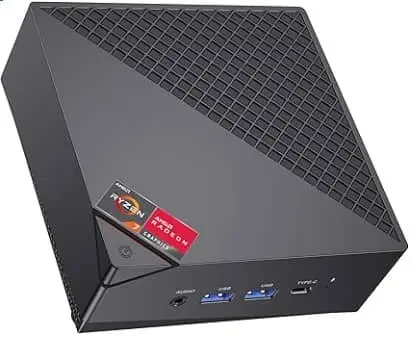
In the ever-evolving landscape of computing, CPU processor benchmarks play a crucial role in assessing the performance of processors. Whether you’re building a gaming rig, a workstation, or a server, understanding how different CPUs stack up against each other is essential. In this comprehensive article, we’ll delve into the world of CPU processor benchmarks, exploring their significance, methodologies, and the top tools for evaluating processor performance.
Table of Contents
What Are CPU Processor Benchmarks?
CPU benchmarks are standardized tests designed to measure the computational capabilities of central processing units (CPUs). These tests evaluate various aspects of CPU performance, including single-threaded and multi-threaded performance, power efficiency, and overall system responsiveness. By running these benchmarks, users can make informed decisions when selecting a CPU for their specific needs.
The Benchmarking Process
- Performance Test by PassMark Software:
- One of the most widely used CPU processor benchmarking tools is Performance Test by PassMark Software. It aggregates benchmark results from user submissions and internal testing.
- Performance Test conducts eight different tests, averaging the results to determine the CPU Mark rating for a system. It runs simultaneous CPU tests for every logical CPU (including hyper-threaded cores) or physical CPU core.
- The PassMark website provides comprehensive CPU charts, allowing users to compare the relative speeds of processors from Intel, AMD, Apple, Qualcomm, and others.
- Cinebench:
- Developed by Maxon, Cinebench focuses on rendering performance. It’s an excellent tool for assessing multi-threaded capabilities.
- Cinebench uses the Cinema 4D engine to render a 3D scene, stressing both CPU and GPU. The resulting score reflects the CPU’s rendering speed.
- User Benchmark:
- User Benchmark offers a quick way to compare your PC’s components with other users’ systems. It covers not only CPUs but also GPUs, storage, and RAM.
- While not as comprehensive as some other tools, User Benchmark provides a straightforward way to identify hardware bottlenecks and explore upgrade options.

Interpreting the Results
- Single-Threaded Performance:
- Some applications rely heavily on single-threaded performance. In such cases, a CPU with high single-threaded scores will excel.
- Look for CPUs with strong single-core performance if you’re into gaming or tasks that don’t benefit from parallelization.
- Multi-Threaded Performance:
- For tasks like video editing, 3D rendering, or scientific simulations, multi-threaded performance matters.
- CPUs with more cores and threads tend to perform better in these scenarios.
- Power Efficiency:
- Consider power consumption and thermal performance. Efficient CPUs save energy and generate less heat.
- Look for a balance between performance and power draw.
Trends and Future Developments
- AMD vs. Intel:
- AMD’s Ryzen processors have disrupted the market, offering competitive performance at attractive prices.
- Intel continues to innovate, especially with its 10th and 11th Gen Core processors.
- ARM Processors:
- ARM-based CPUs, like Apple’s M1 and Qualcomm Snapdragon, are gaining traction.
- These chips excel in power efficiency and are increasingly used in laptops and tablets.
Conclusion
CPU processor benchmarks empower users to make informed decisions when choosing a processor. Whether you’re a gamer, content creator, or IT professional, understanding the nuances of CPU performance ensures that your system meets your requirements. So, next time you’re eyeing that shiny new CPU, dive into the benchmarks and discover its true capabilities!
Remember, benchmarks provide valuable insights, but real-world performance depends on the specific applications and workloads you’ll be running. Choose wisely, and may your CPU deliver exceptional performance!
DON’T FORGET THIS:
We donate our profit share to the students and children specially girls to continue their education, so if you find this guide helpful so don’t forget those children and buy from our link with 1 day after clicking the button because after 1 day we do not get profit from your click by Amazon or by clicking button form our referral link, you can help by donating to us through contacting us so that we can help them.
You can also read the best guides on our website to get more knowledge and reviews.




Leave a Reply
You must be logged in to post a comment.